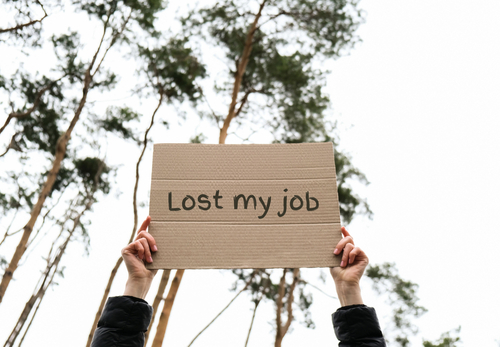The Magic of Bankruptcy
February 18, 2022 Leave a comment
Let’s do some math: You have $50,000 in credit card debt and your interest rate is 20%. This means you pay $10,000 a year in interest. Every month, you would need to pay around $833 to simply break even. On top of this $833, you’ll be paying an additional $700+ a month to pay off your debt within 5 years. Paying $1,500 a month to your credit card bill for five years doesn’t give most people a lot of financial wiggle room.
Bankruptcy could allow you to get rid of that same debt in three months.
Many of our clients balk at the suggestion of bankruptcy. The stigma behind bankruptcy stems from big businesses that are financially motivated to keep you thinking that bankruptcy is shameful. This stigma causes so many people to struggle with debt unnecessarily for years. Our holistic approach to bankruptcy, credit repair, and debt management will provide you with the tools you need to take back control of your life.
After you file for bankruptcy and discharge your debts, you free up a whole lot of money in your budget. Not only that, but we will teach you how to rebuild your credit. The day after your bankruptcy, we can help you sign up for secured cards and give you the knowledge about credit that you need to make informed decisions. Within six months, your credit score can increase by 100 points. You can buy a car again. You can start saving again. Within two years of your bankruptcy, you can qualify for a mortgage.
Simply by filing for bankruptcy, you can go from spending $1,500 a month on slowly clawing your way out of debt to having an extra $1,500 a month back in your budget. Bankruptcy can allow you to change your financial reality and free up your budget to focus on your goals, whether that be homeownership, saving for retirement, or something unique to you.
Our goal at Veitengruber Law is to move you towards the dream of financial stability. You no longer have to spend your days worrying and anxiously waiting for a magical solution.
Bankruptcy is the solution, and when it’s handled right, it definitely feels like magic.
You are one free consultation away from peace of mind. Call us and let us work our magic for you.









